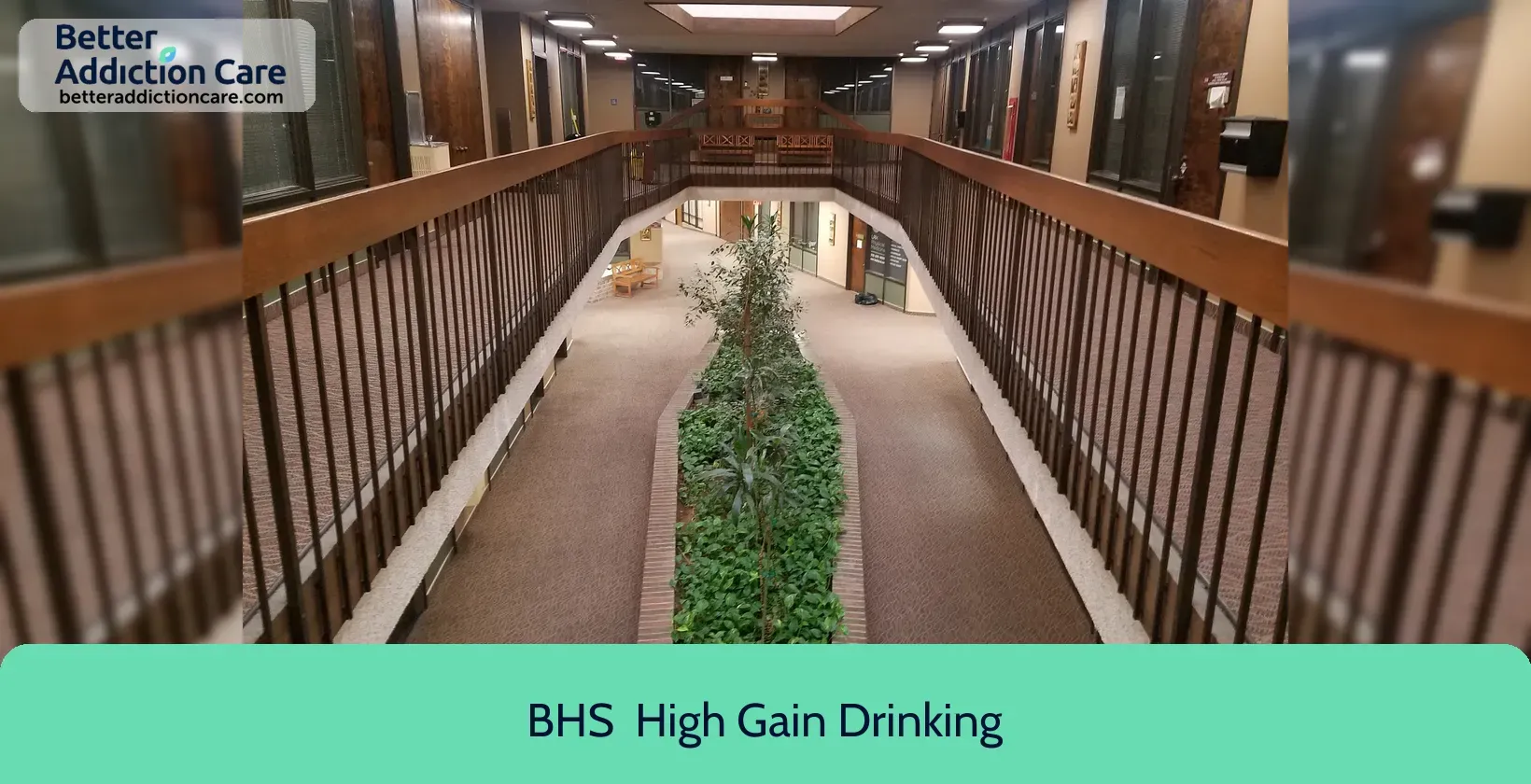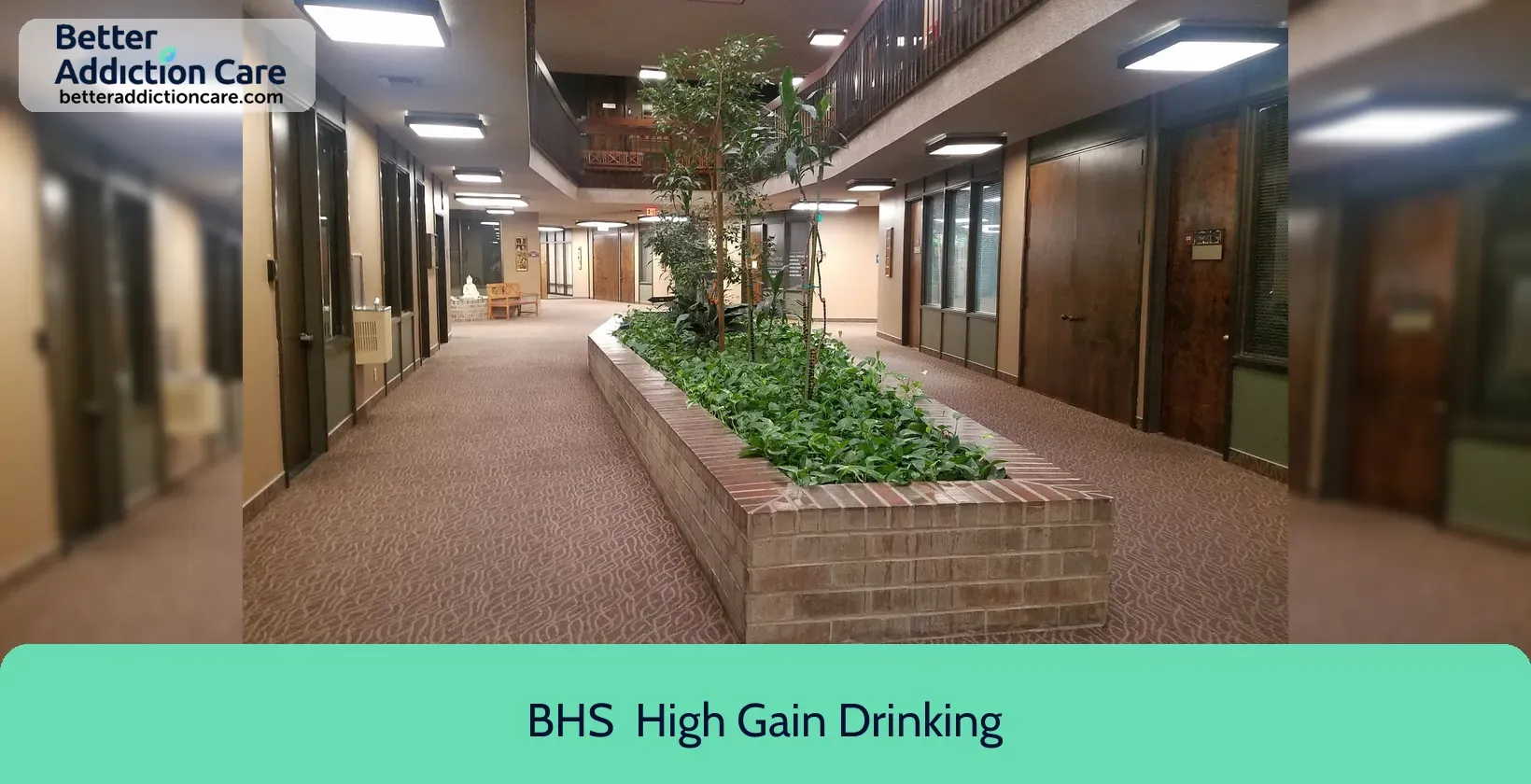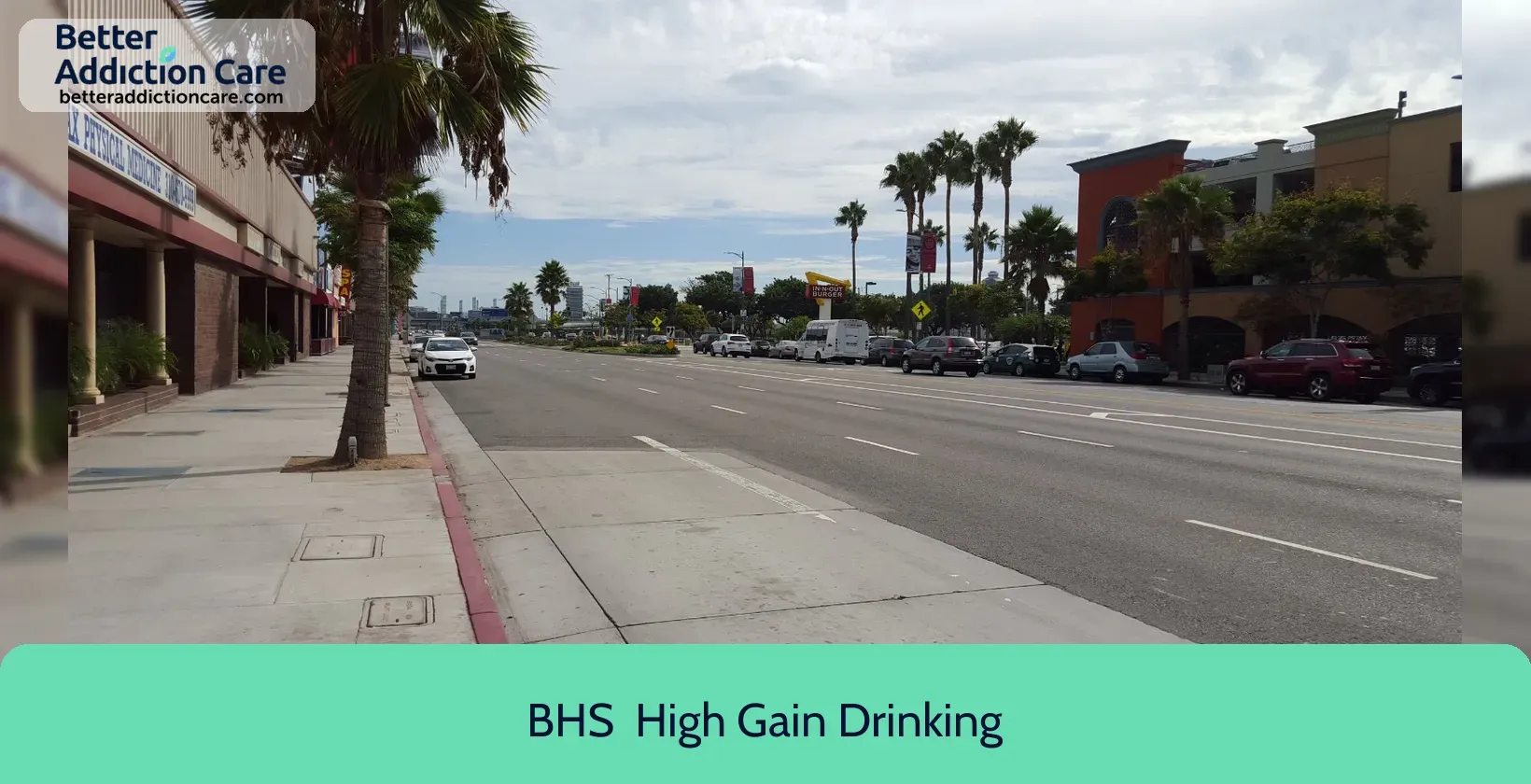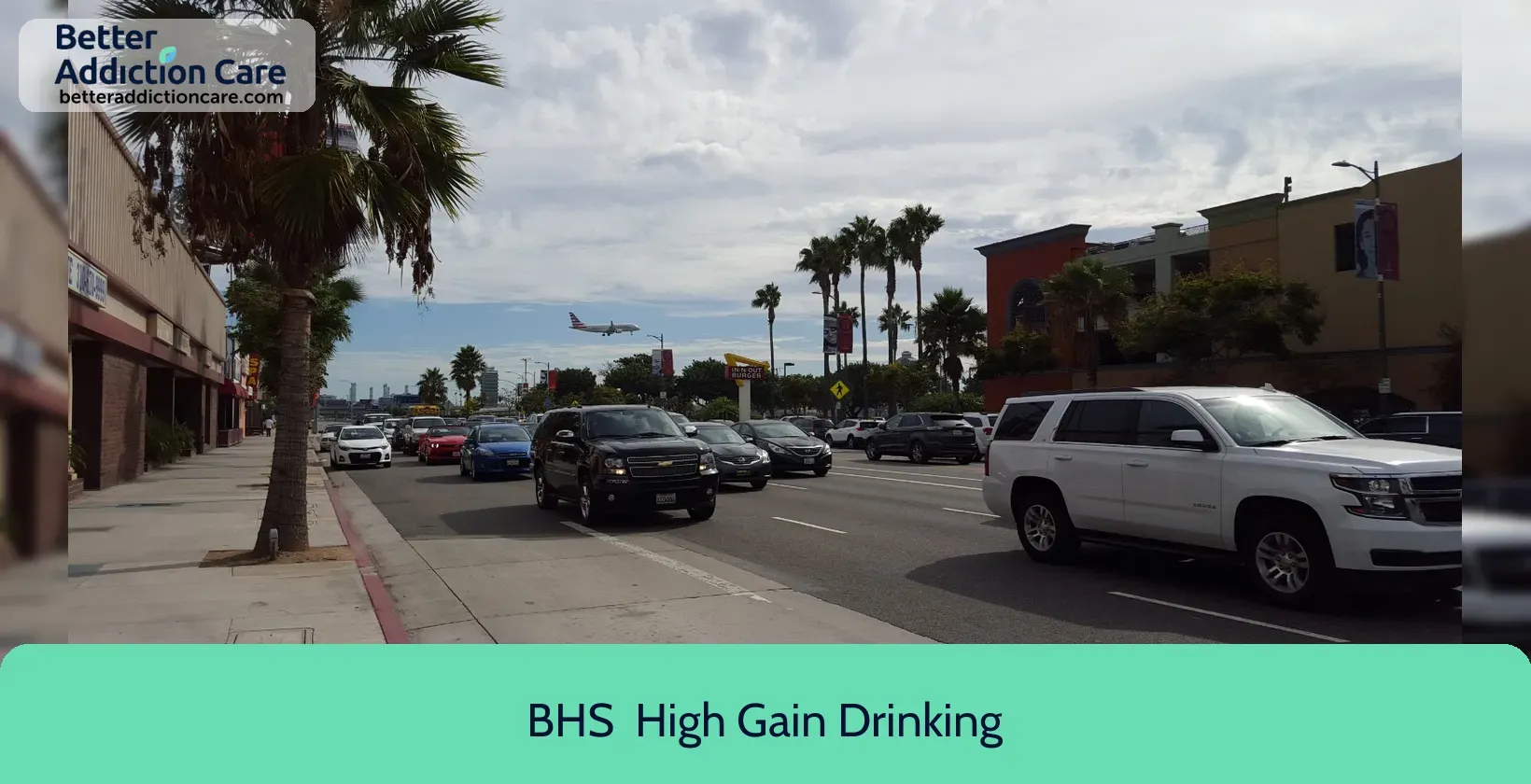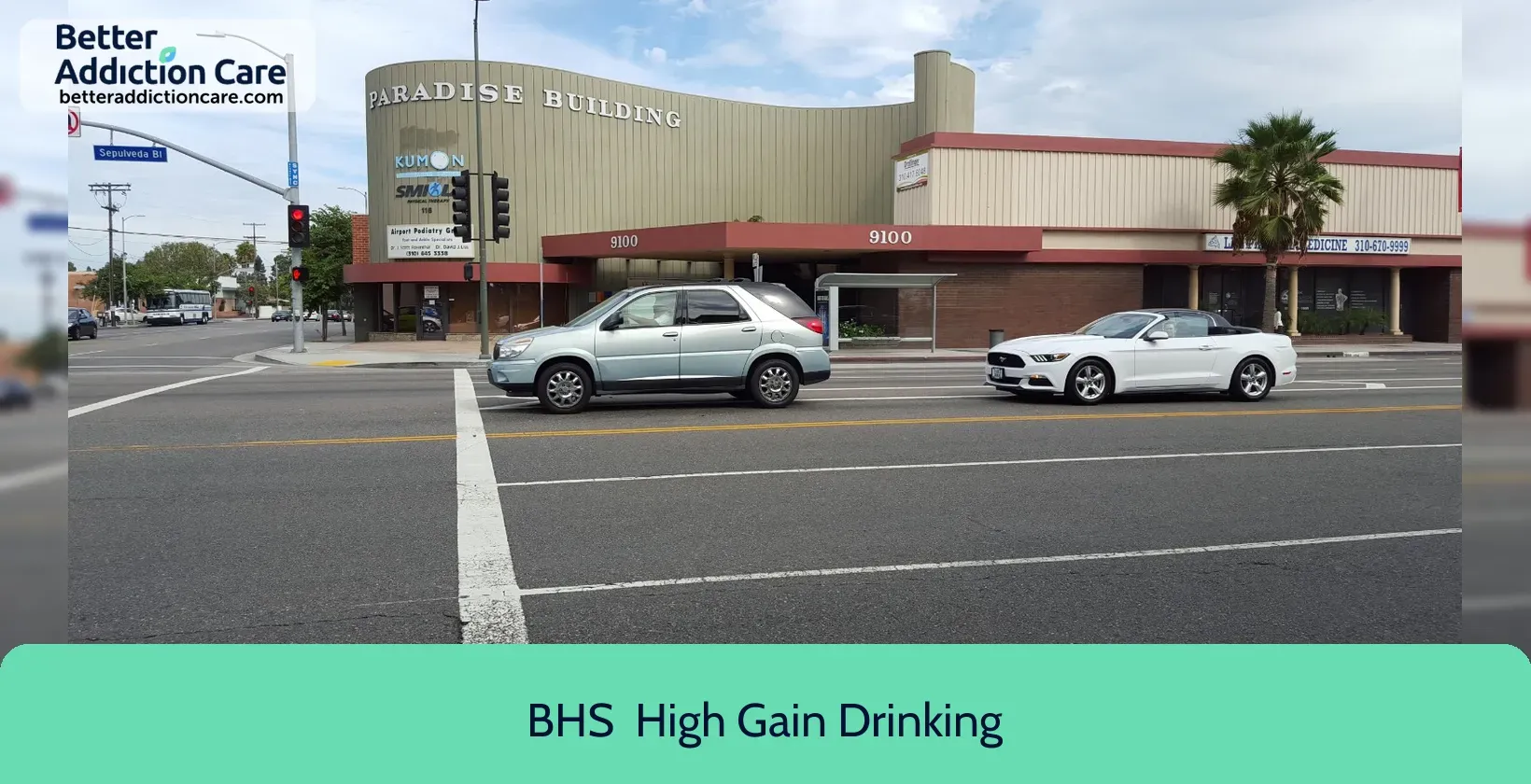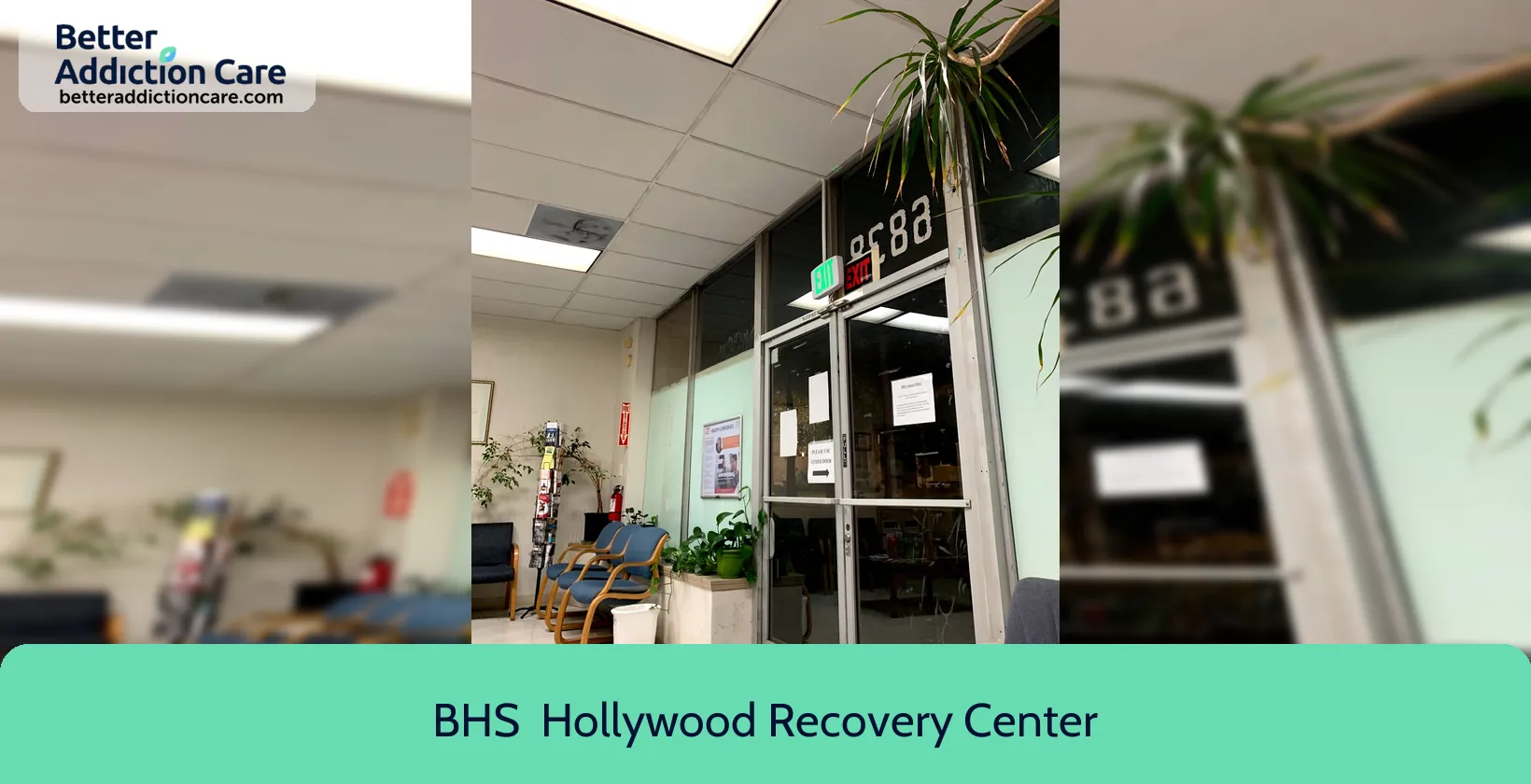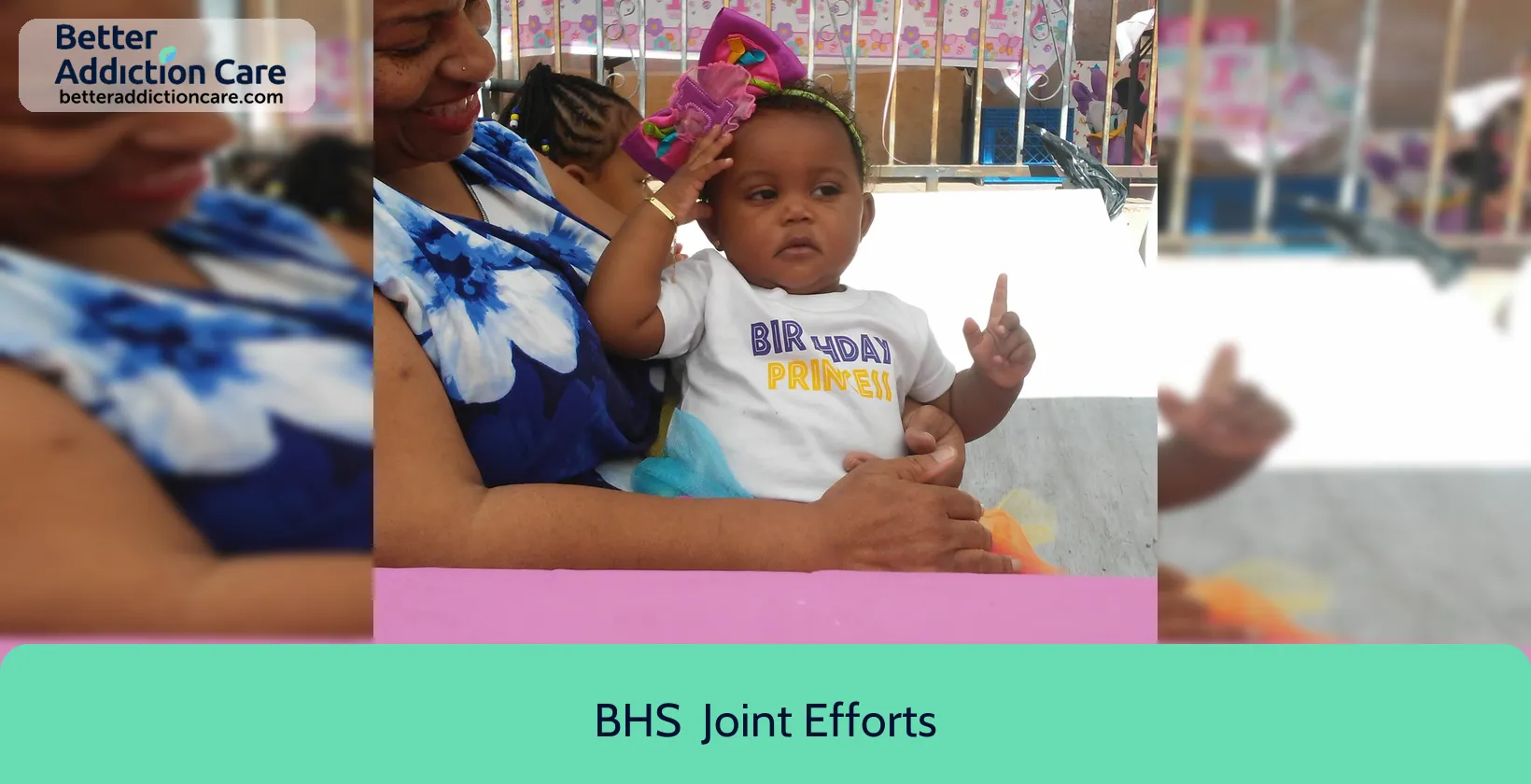BHS - High Gain Drinking Driver Program
Overview
BHS - High Gain Drinking Driver Program is a substance abuse treatment center for people seeking treatment near Los Angeles County. As part of their treatment modalities for recovery, BHS - High Gain Drinking Driver Program provides 12-step facilitation, group counseling, and family counseling during treatment. BHS - High Gain Drinking Driver Program is located in Los Angeles, California, accepting medicaid for treatment.
BHS - High Gain Drinking Driver Program at a Glance
Payment Options
- Medicaid
- Payment assistance (check with facility for details)
- Private health insurance
- Medicare
- State-financed health insurance plan other than Medicaid
Assessments
- Comprehensive mental health assessment
- Comprehensive substance use assessment
Age Groups
- Children/adolescents
- Young adults
- Adults
Operation
- Private non-profit organization
Highlights About BHS - High Gain Drinking Driver Program
6.68/10
With an overall rating of 6.68/10, this facility has following balanced range of services. Alcohol Rehabilitation: 8.00/10, Drug Rehab and Detox: 6.00/10, Insurance and Payments: 6.00/10, Treatment Options: 6.73/10.-
Alcohol Rehabilitation 8.00
-
Treatment Options 6.73
-
Drug Rehab and Detox 6.00
-
Insurance and Payments 6.00
Accreditations
Commission on Accreditation of Rehabilitation Facilities (CARF):

CARF accreditation is a prestigious recognition for organizations in rehabilitation and human services. It signifies that an organization meets rigorous quality standards and is committed to providing top-notch care. Achieving CARF accreditation involves a thorough evaluation process, including on-site surveys, to ensure excellence in programs and services. This accreditation boosts an organization's credibility, assures clients and funders of quality, and promotes ongoing improvement in the field of rehabilitation and human services.
Treatment At BHS - High Gain Drinking Driver Program
Treatment Conditions
- Mental health treatment
- Alcoholism
- Opioid Addiction
- Substance use treatment
- Co-occurring Disorders
Care Levels
- Intensive outpatient treatment
- Detoxification
- Aftercare
- Outpatient
Treatment Modalities
- 12-step facilitation
- Group counseling
- Family counseling
- Individual psychotherapy
- Trauma-related counseling
Ancillary Services
Languages
- Spanish
Special Programs
- Clients who have experienced trauma

Additional Locations
Get Help Now
Common Questions About BHS - High Gain Drinking Driver Program
Contact Information
Other Facilities in Los Angeles
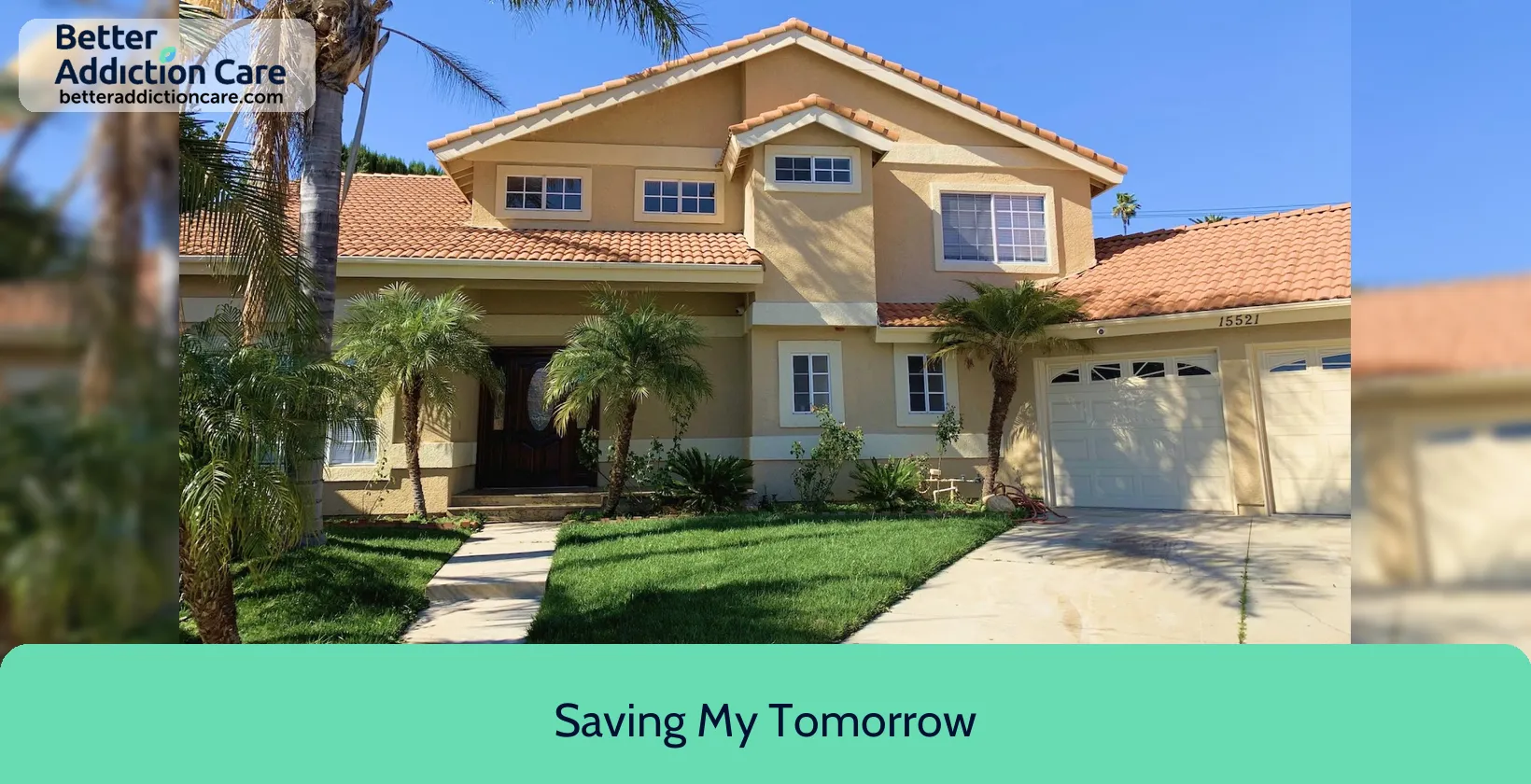
6.53
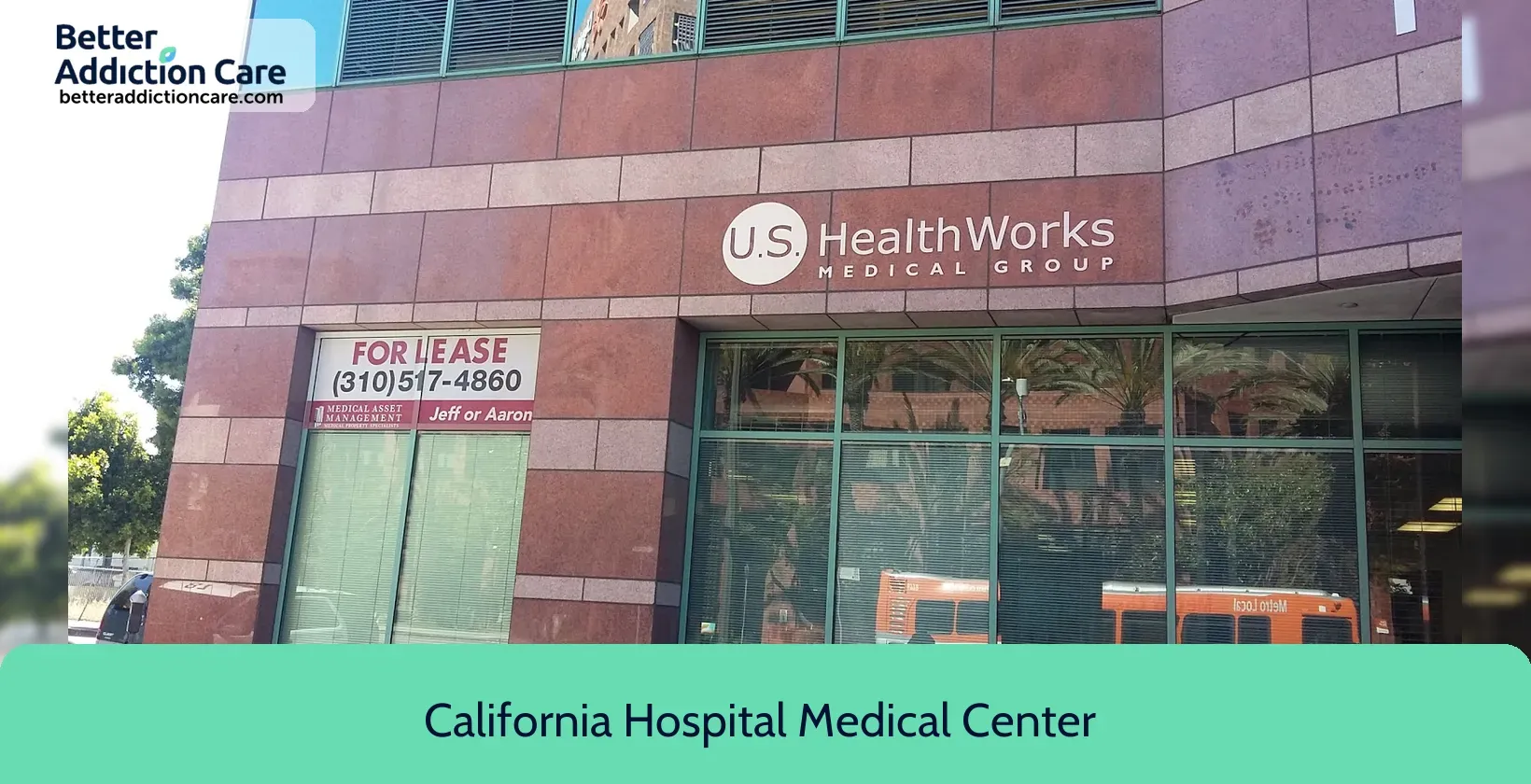
6.71
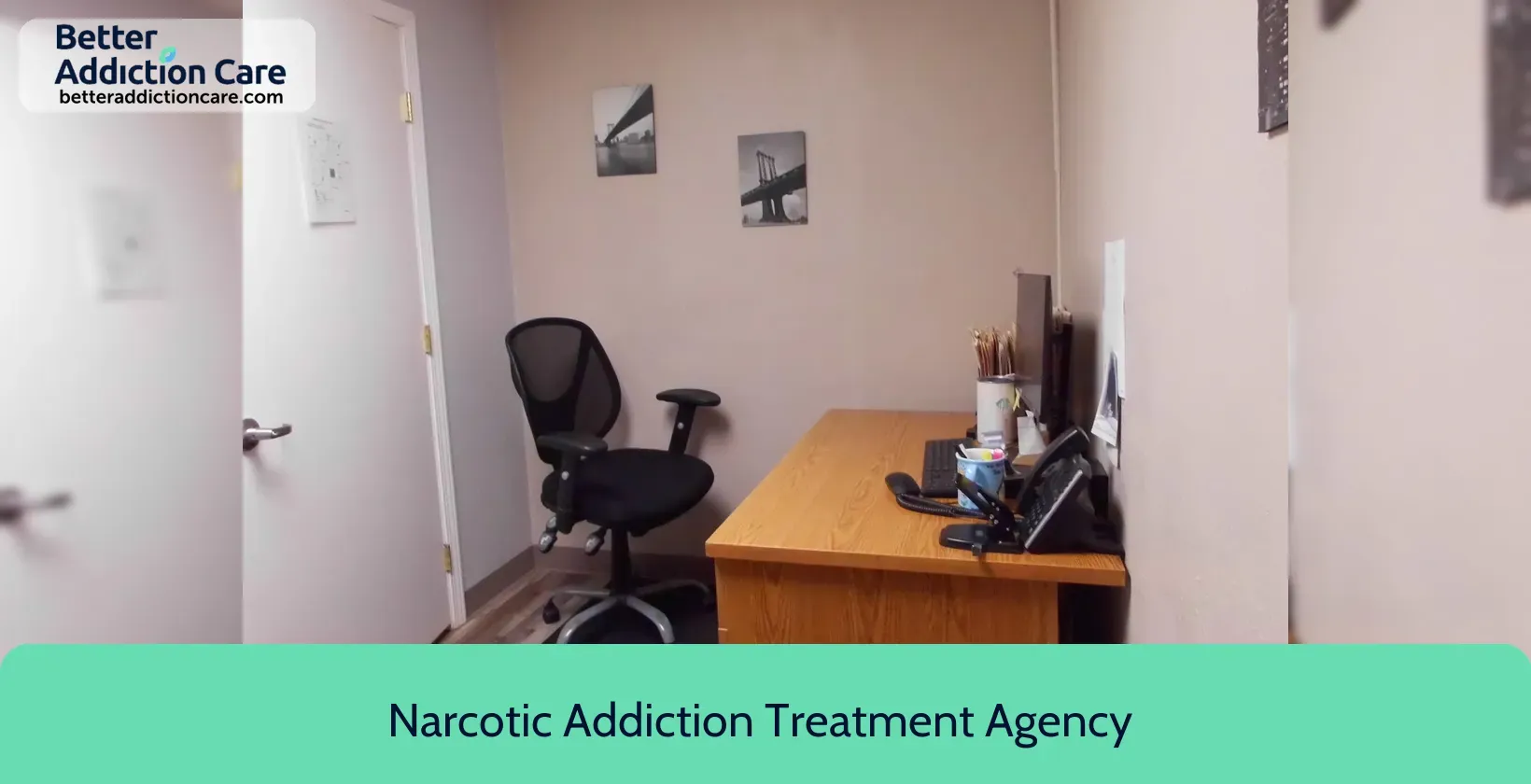
6.75
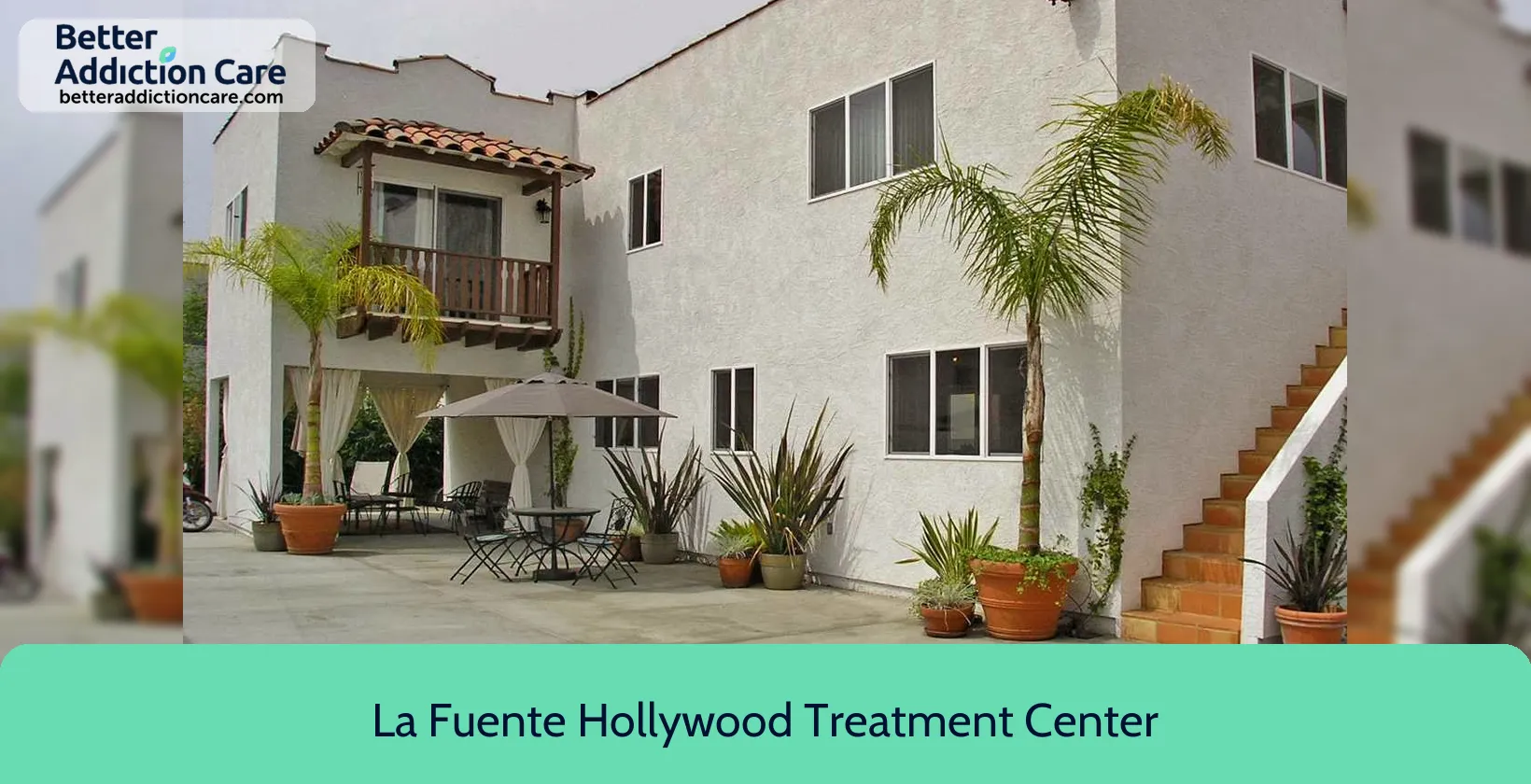
6.77
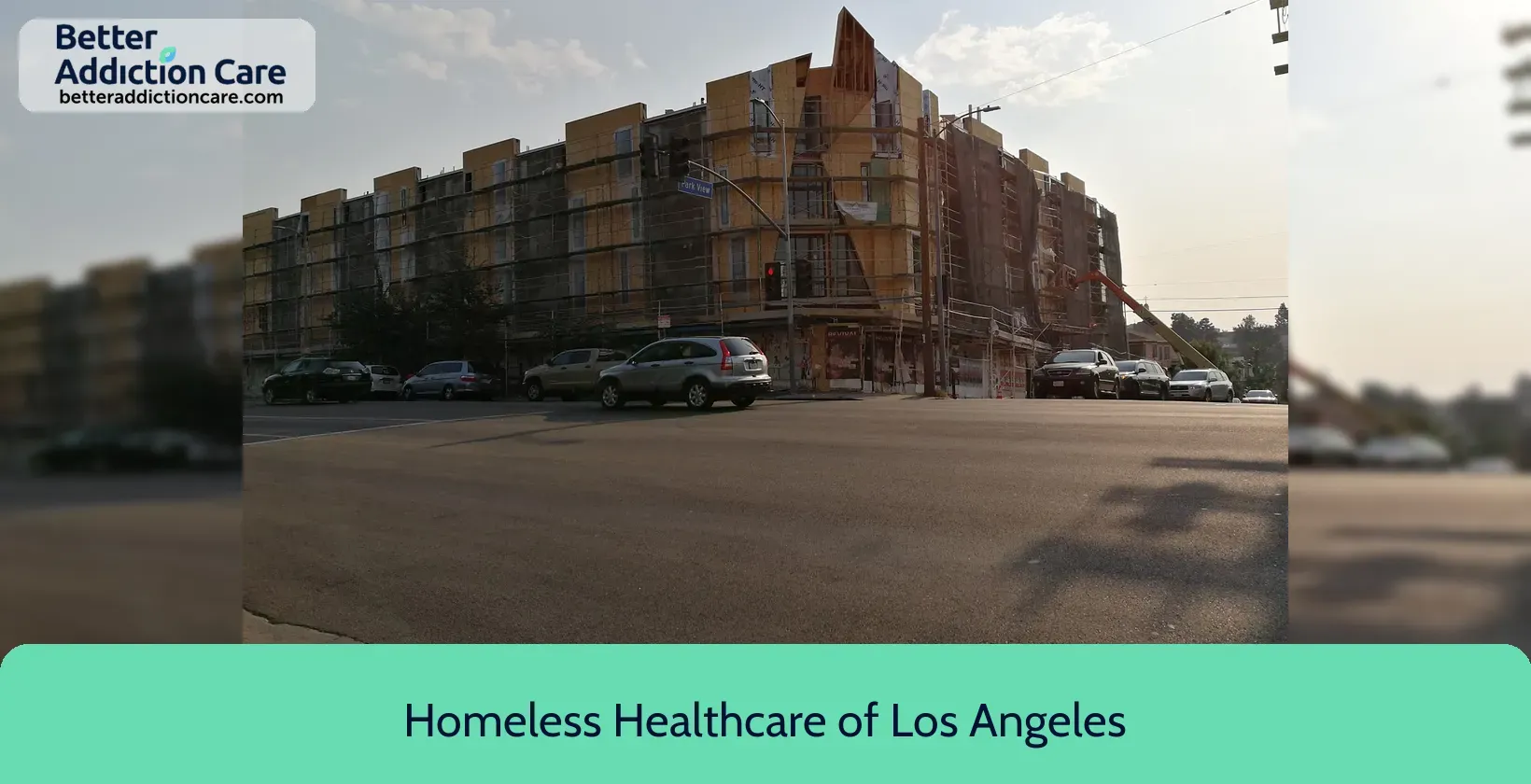
6.74
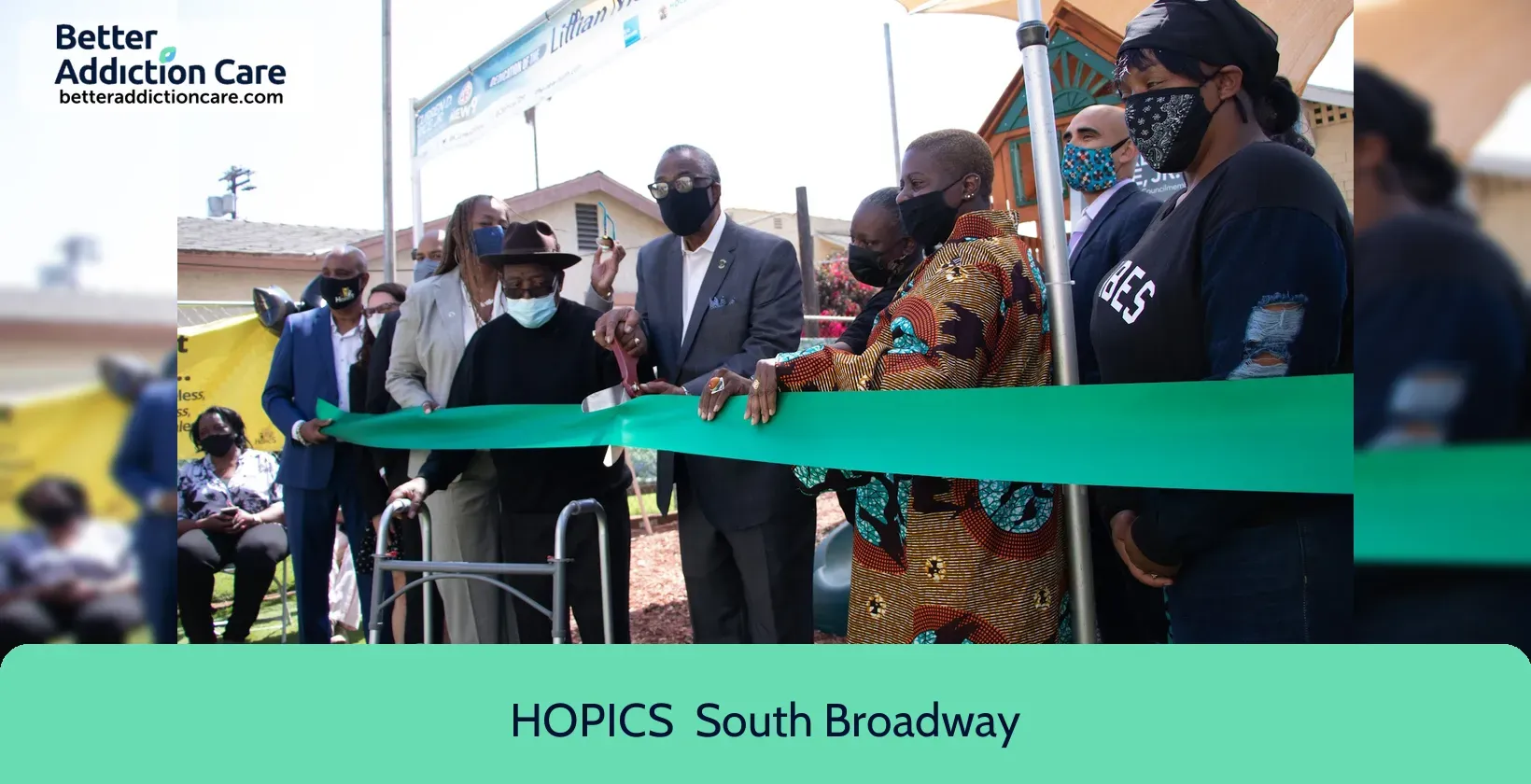
6.65
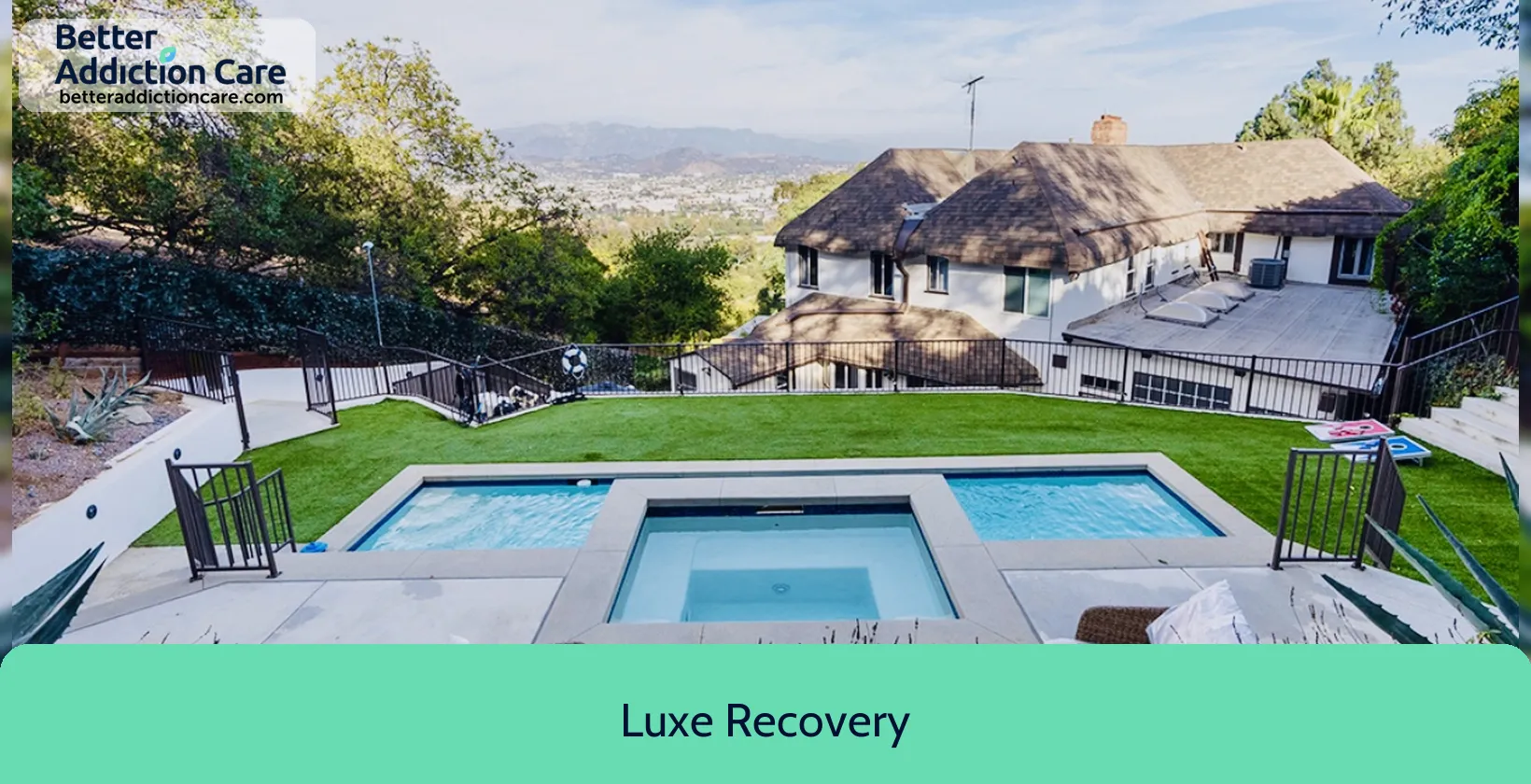
6.74
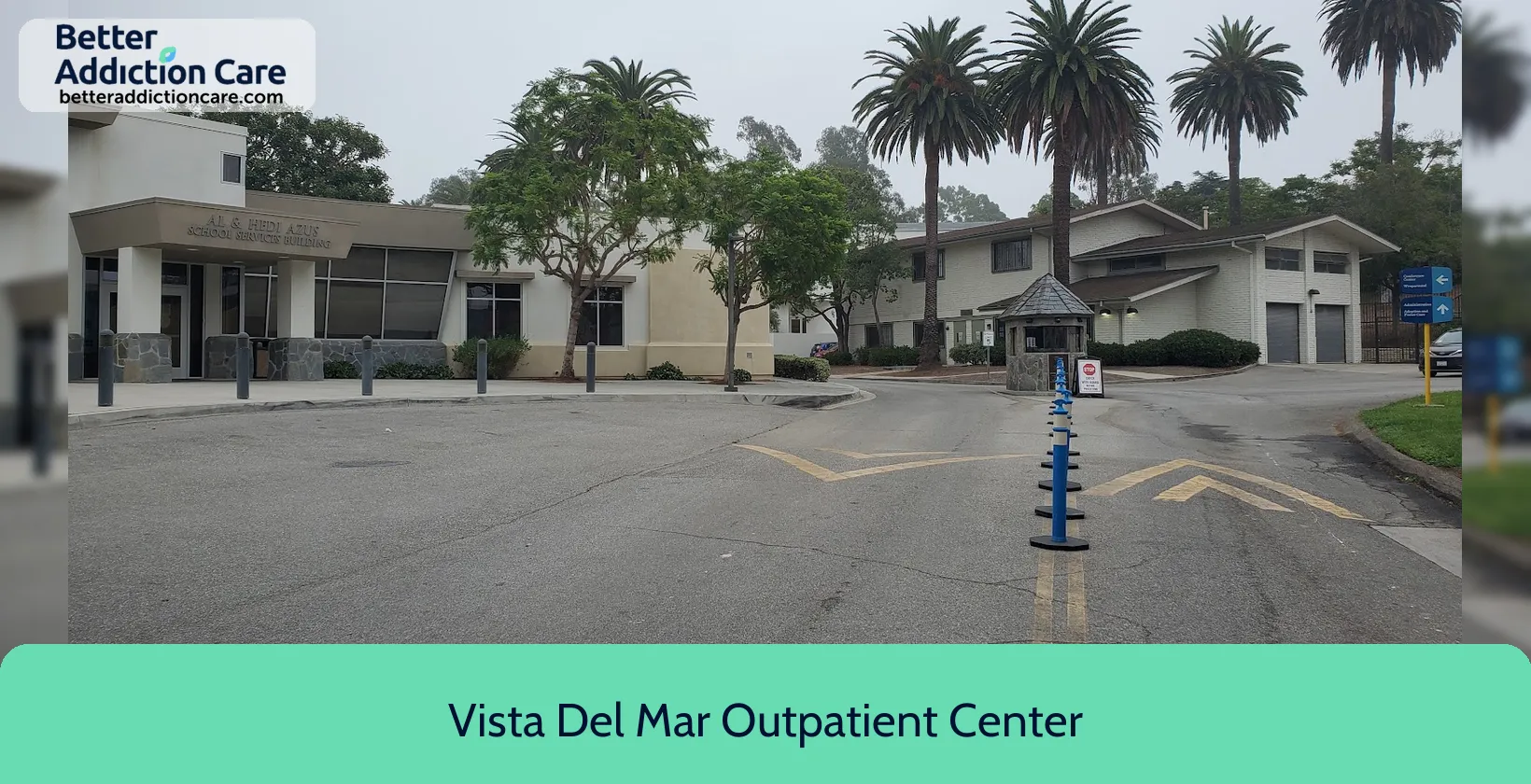
6.65
DISCLAIMER: The facility name, logo and brand are the property and registered trademarks of Vista Del Mar Outpatient Center, and are being used for identification and informational purposes only. Use of these names, logos and brands shall not imply endorsement. BetterAddictionCare.com is not affiliated with or sponsored by Vista Del Mar Outpatient Center.
